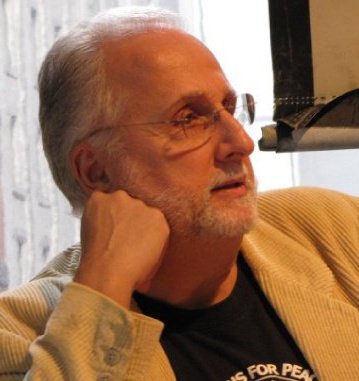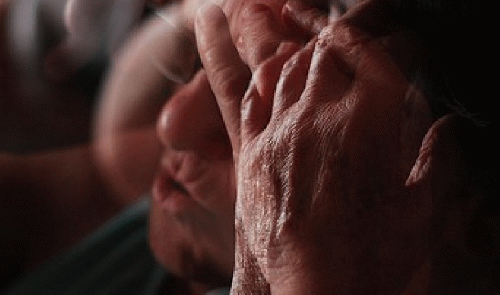How we characterize the injuries sustained by veterans in war is crucial both to our understanding of the war experience and to the healing process. I have argued elsewhere that to ignore, trivialize or subsume the whole of the veterans' readjustment difficulties under the post-traumatic stress disorder (PTSD) umbrella as mental illness is misguided and fails to address the spectrum of veterans' injuries and needs. Consequently, for purposes of clarity and accuracy, I have referred to the totality of the "invisible wounds" presented by returning veterans as the "Psychological, Emotional and Moral (PEM) Injuries of War."[1]
Despite the many voices (including my own) that have brought attention to the prevalence and severity of moral injury,[2] the traditional psychiatric community and Veterans Administration (VA) has long delayed recognizing and accepting the relevance of morality to the readjustment difficulties experienced by members of the military and veterans.[3] To adequately and effectively treat returning soldiers,[4] we must first accept the reality and severity of PEM injuries and then go beyond PTSD, beyond the idea that all combat injuries are either physical or trauma related.
Moral Injury
Whether by nature or nurture, humankind has identified and internalized a set of values and norms that provide the parameters of our being - what I have termed our "moral identity." That is, these moral values and norms influence - if not dictate - how we define ourselves as persons, structure our world and render our relationship to it and to other human beings comprehensible. Consequently, we now have the need and the means to weigh concrete situations to determine acceptable (right) and unacceptable (wrong) behavior. Whether we act rightly or wrongly - that is, whether we act according to or in violation of our moral identity - will affect whether we perceive ourselves as true to our personal convictions and to others who share our values and ideals.
Morality is clinically relevant to veteran healing because combat behavior - displacing civilians, torturing, injuring and killing other human beings - is in conflict with the soldier's moral foundations. Consequently, participation in war negatively impacts self-esteem, self-image and moral integrity precipitating debilitating remorse, guilt, shame, disorientation and alienation from the remainder of the moral community. This is moral injury.
Though the military has given lip service to the prevalence, severity and debilitating effects of PEM injuries (specifically PTSD) and the importance of screening and treating veterans for its occurrence, given the military's culture of physical and mental toughness, these invisible wounds of war are rarely taken seriously, are ignored completely or are stigmatized as mental illness.[5] Further, as noted above, until rather recently, the mainstream therapeutic community, military and civilian, have neither recognized nor adequately addressed the prevalence and severity of moral injury. Tragically, military mental health professionals understand implicitly if not explicitly, that their function is to "cure" the soldier quickly, or, more likely, to mask his or her symptoms with medication and return the veteran to the fighting.
Some Suggestions for Healing
An important first step in the treatment of PEM injuries is to create an environment in which members of the military and veterans can feel comfortable seeking treatment, assured both that their injuries will be taken seriously and that they will be treated with dignity and respect. Since PEM injuries are the direct consequence of war fighting, they are as much combat injuries as a battlefield bullet wound or shrapnel-broken tibia.[6] To say otherwise betrays either an effort to disenfranchise the PEM injured or an ignorance of the nature, prevalence and severity of such injuries. Consequently, PEM injured veterans must be recognized as combat-wounded and therefore eligible to be awarded the Purple Heart Medal. To do so would send the message to veterans and members of the military community that PEM injuries are real and "legitimate" wounds of war and not a source of shame, weakness and embarrassment.[7] Most importantly, it will encourage them to recognize, accept, and seek treatment for their injuries.
If the appreciation and gratitude often expressed by politicians and citizens to members of the military and veterans is more than mere rhetoric[8]; if this nation sincerely intends to fulfill its contractual obligation to those who served and sacrificed so much; if the injuries of veterans are to be taken seriously and their needs met; the military and the Veterans Administration must go beyond lip service and pretense and implement a comprehensive and holistic treatment program that addresses the full spectrum of PEM injuries. As trauma remains a critical aspect of the war experience, such a protocol would include (but not end with) traditional and nontraditional clinical interventions for traumatic stress.[9]
(Note: You can view every article as one long page if you sign up as an Advocate Member, or higher).






